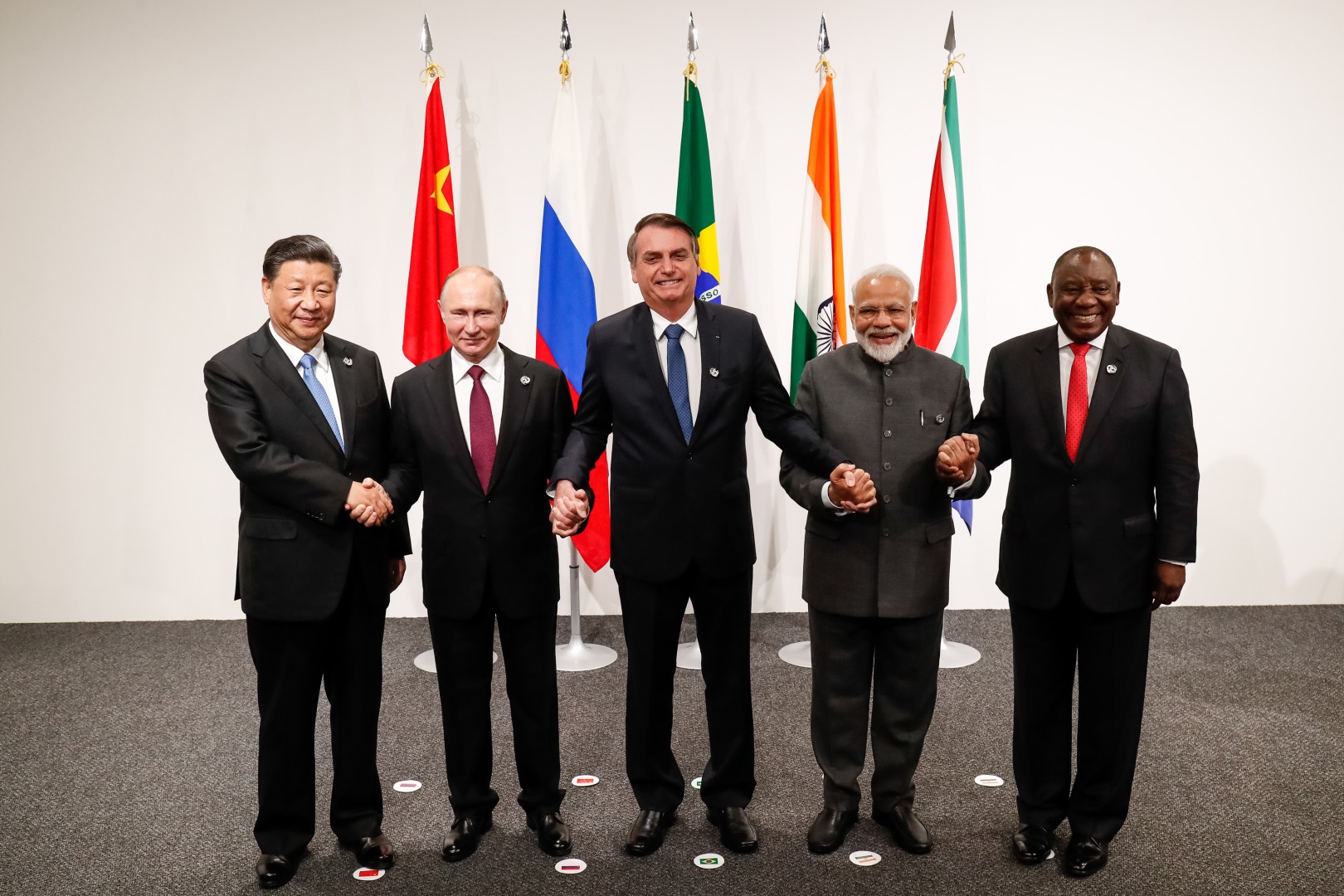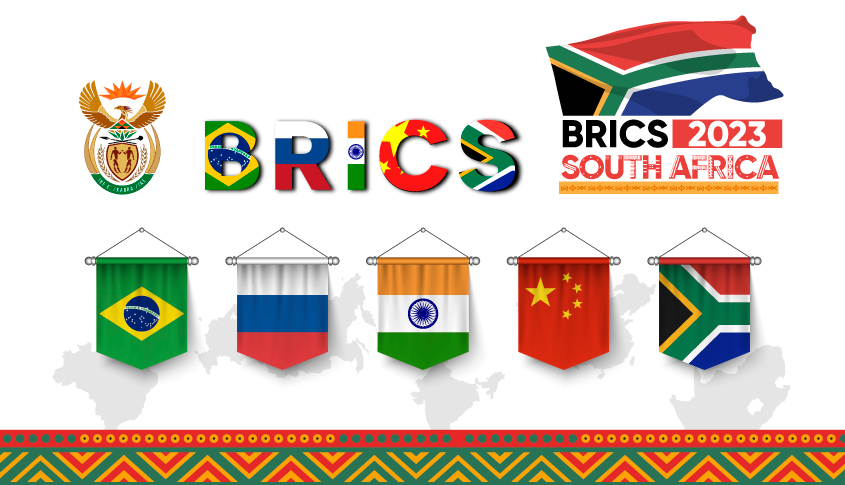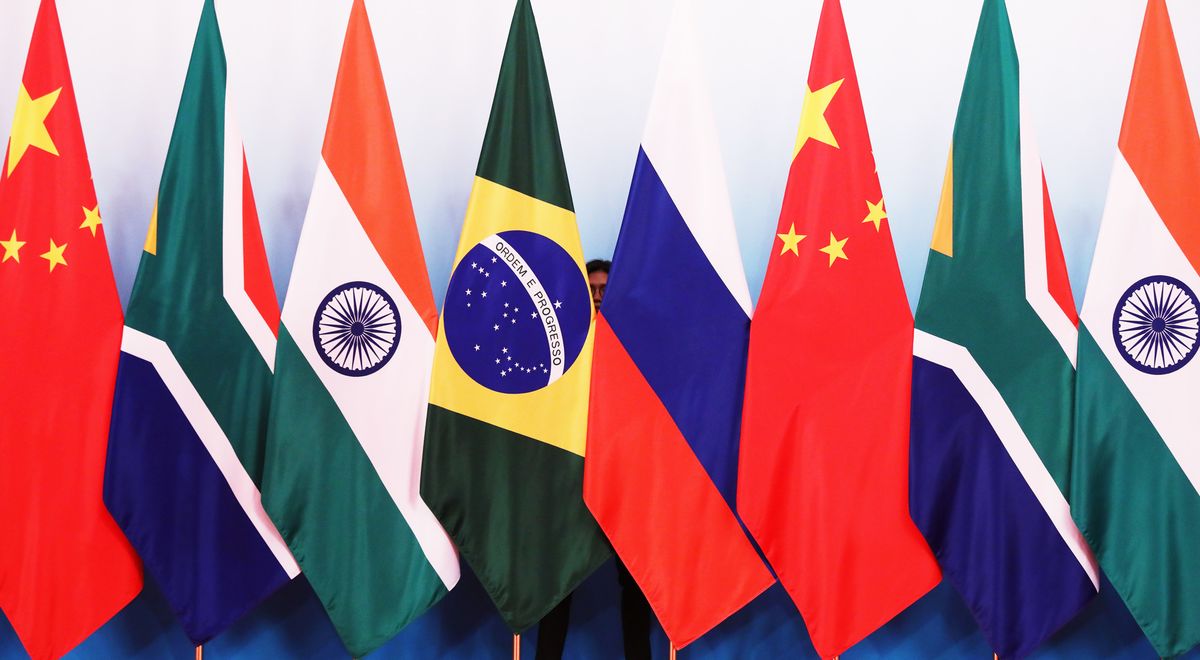Comments
- No comments found

In 2009, the first summit of BRICS countries sparked debates on the geopolitical and geo-economic significance of this alliance.
The group includes Brazil, Russia, India, China, and South Africa, and their combined GDP surpasses that of the G7. While initially recognized as an economic forum, the focus of BRICS has shifted to critical matters such as trade, finance, climate change, and energy security. The group has launched the New Development Bank to boost their integration and challenge the dominance of Western-backed institutions such as the World Bank and the International Monetary Fund. 19 countries have requested to join the BRICS bloc as China and other global superpowers wage economic war on the U.S. dollar.

BRICS countries bring a unique set of economic and political landscapes to the forum, creating a rich tapestry of interests and perspectives. This diversity has strengthened BRICS to explore its resources and expertise to pursue the shared challenges of its own development path.
BRICS seeks to establish new trading relationships and agreements outside the Western-dominated system, curbing the advantages of the West’s long-enjoyed trade agreements and market access. The group has the potential to help poorer countries without pursuing any political agenda or manipulating local economics.
BRICS has significant potential for economic growth and innovation, with collective investments in emerging technologies such as AI, blockchain, and renewable energy. The group could lead the transition to a more sustainable and equitable global economy and promote sustainable development and climate change. BRICS countries are also challenging the West’s cultural dominance, producing their own distinctive styles and voices in music, film, and literature.

While BRICS countries are facing political tensions, shifting global political landscapes, and a willingness to join the organization, they are not seeking to replace the West. Rather, they demand a more equitable and inclusive global economic and political system.
BRICS countries are asserting themselves on the global political stage, emerging as key players in areas such as climate change, international negotiations, peacekeeping, and conflict resolution efforts. The success of BRICS has made other economic giants interested in investing in this bloc. The rise of BRICS represents a new global economic and political order, one that seeks to challenge the dominance of the West and promote greater cooperation and collaboration between different regions and cultures.
Leave your comments
Post comment as a guest